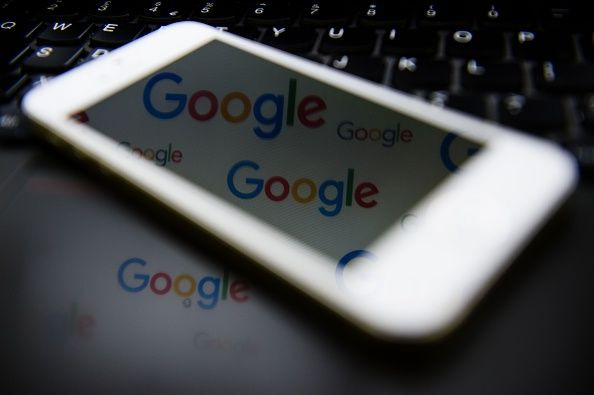Why Google Killed YouTube Gaming, Its Stand-Alone Rival To Twitch

Alphabet's (NASDAQ:GOOG) (NASDAQ:GOOGL) Google once mulled a takeover of Twitch, the largest video game streaming platform in America. But Google blinked and Amazon (NASDAQ:AMZN) acquired Twitch for nearly $1 billion in 2014.
Google launched YouTube Gaming, a dedicated game streaming platform aimed at challenging Twitch, the following year. But last September, Google announced that it would shutter the service and merge it with YouTube's main site.
Google will finally shut down the YouTube Gaming app on May 30, but emphasizes that it will "continue to build a stronger home for the gaming community that thrives on YouTube." So what does the end of YouTube Gaming mean for Twitch and the gaming market?
Twitch is winning, but YouTube Gaming isn't dying
Twitch hosted nearly three times as many game streamers as YouTube in January, according to Newzoo. The firm also notes that Twitch's streamers generated 1.9 million hours of content that month -- more than quadruple the 460,000 hours of gaming content generated on YouTube.
However, Twitch is also growing at a slower rate than YouTube. Streamlabs reports that Twitch's number of active streamers rose just 8% annually during the fourth quarter of 2018, while YouTube's streamer base grew 21%.
Last year, YouTube gaming chief Ryan Wyatt claimed that 200 million viewers worldwide were watching its gaming content daily. Twitch doesn't disclose its total number of viewers, but Newzoo and Streamlabs claim that YouTube Gaming had only about a quarter as many viewers as Twitch in the first quarter of 2019.
Reducing YouTube's fragmentation
The elimination of YouTube Gaming is a smart move, since it brings all YouTube's broadcasters and viewers back to its main site. It also takes a much-needed step toward unifying all the Google and YouTube streaming products under a single umbrella.
These products include apps such as Google Play Music, which features a cloud-based music locker, digital purchases, and a subscription plan for ad-free music streams; YouTube Music, which plays only the audio streams of YouTube videos; and YouTube Red, the premium video service that was aimed at challenging Netflix.
Google subsequently bundled YouTube Music and YouTube Red together in a single subscription service, then bundled the two services with Google Play Music's All Access subscription in a single package called YouTube Premium last year. That move finally unified Google's fragmented ecosystem of paid services, and the decision to pull YouTube Gaming back to its main site complements that strategy.
Paving the way for Stadia
Back in March, Google unveiled Stadia, a new cloud gaming platform for streaming video games across a wide variety of devices. Google also stated that it wanted Stadia to be an all-in-one platform for developing, playing, and watching games.
That statement indicated that Stadia would be integrated with YouTube's game streaming features. It's unclear if Stadia will become the "Netflix of gaming" it aspires to be, but accomplishing that goal would enable Google to control a major cloud gaming platform and the world's biggest streaming video service at the same time -- which could help it catch up to Twitch.
Google hasn't announced the subscription fees for Stadia yet. However, it will likely offer a bundle that includes both Stadia and YouTube Premium -- which could simultaneously widen its moat against Sony's PS Now, Twitch, Netflix, and streaming music services like Spotify. Those subscription revenues would also diversify YouTube's top line away from online ads.
Google isn't giving up on gaming
Google's decision to kill off YouTube Gaming might sound like a victory for Twitch, but it isn't. Google is merely bringing all its YouTube services onto the same page and gearing up for the launch of Stadia -- which could significantly change how gamers stream their gameplay. It won't move the needle for Google anytime soon, but it could strengthen YouTube's business over the long term.
This article originally appeared in the Motley Fool.
Leo Sun owns shares of Amazon. The Motley Fool owns shares of and recommends Alphabet (A shares), Alphabet (C shares), Amazon, and Netflix. The Motley Fool has a disclosure policy.




















